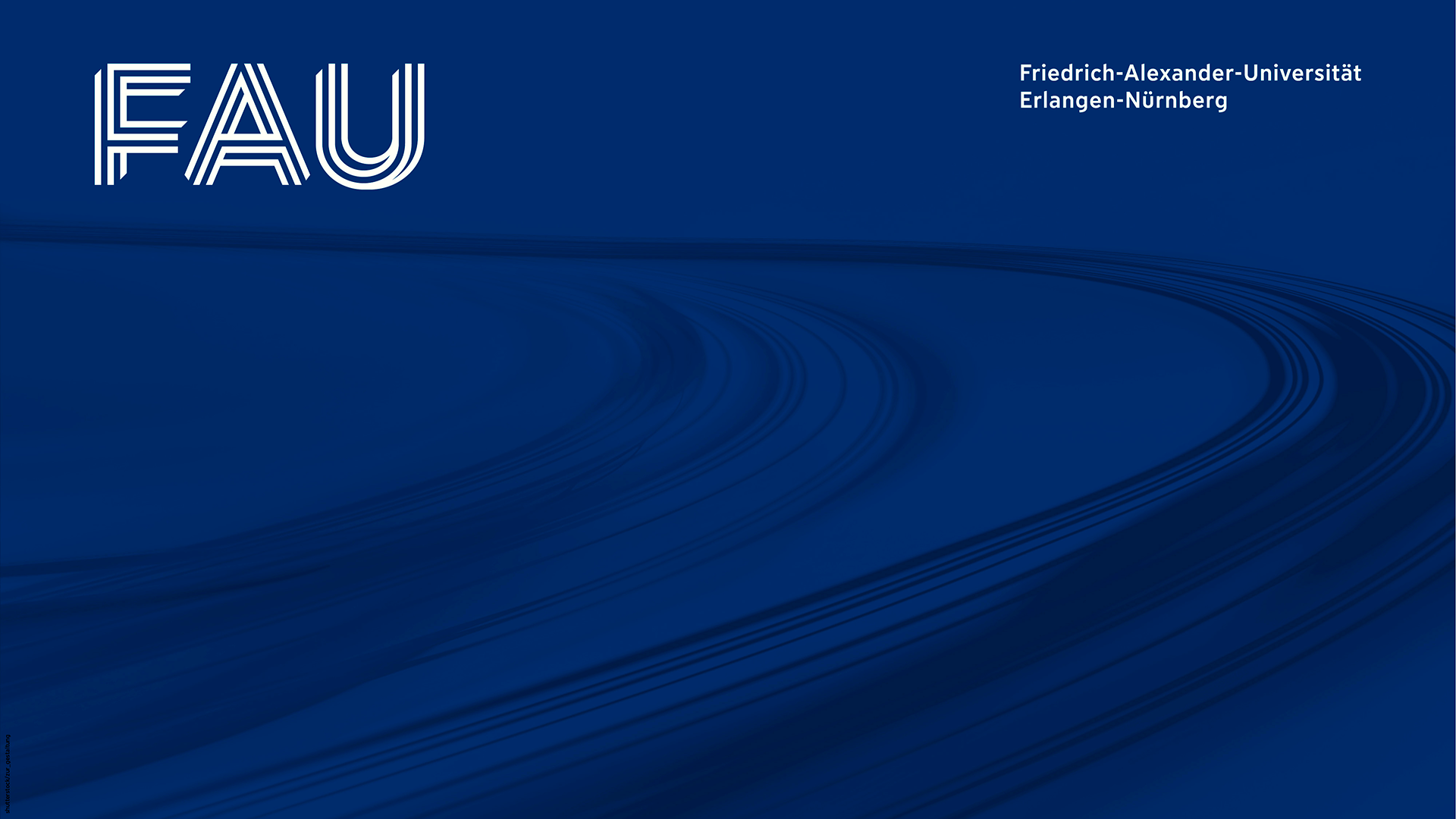Zugänglich über
Nur für Portal, Passwortgeschützt
Gesperrt clipDauer
01:08:04 Min
Aufnahmedatum
2023-05-03
Hochgeladen am
2023-05-03 14:56:05
Sprache
en-US
The many faces of entropy for thermodynamics and information
Abstract:
Entropy is a buzzword that is used by all kinds of communities, covering biologists, economists, social scientists and journalists. One of the reasons for the bewilderment of the term entropy is the unheralded appearance is the superabundance of situations bearing this expression. Being so, using the term forces one to respect its precise meaning without effusing unnecessarily its wild growth, thereby adding only to confusion rather than to clarity.
The plan is to discuss the precise meaning of these various notions for entropy in different ensembles setups. In particular, let us elaborate on the proper choice of entropy as it depends on the interests of the individual, the particular situations under study (classical or quantum regime), the type of implemented measurement protocols, the precision available and method of the employed description and the overall physical situation; — such as equilibrium versus non-equilibrium. Moreover, I comment on the thermodynamic entropy for systems of finite size as being of relevance in nanoscience. Likewise, I point out various subtleties and pitfalls for situations when the classical or quantum systems are interacting strongly with environment(s). This is particularly the case for quantum thermodynamics with its invasive character of quantum measurements (i.e. the role of quantum back-action) together the tricky notions for quantum-work or quantum-heat, which both present no longer quantum observables, but rather processes. In that latter case: If anything can be said at all – it should be stated most clearly (Ludwig Wittgenstein, 1889-1951). For further reading on those timely but also tricky issues I refer to the cited Ref. [5] below.
A sample of sources for further reading are:
[1] Fabian Immanuel IJpelaar; Univ Groningen: Entropy in Physics: An Overview of Definitions and
Applications in Quantum Mechanics (2021; 155 pages) https://fse.studenttheses.ub.rug.nl/23834/
[2] A. Wherl, The many facets of entropy, Rep. Math. Physics 30,119 (1991)
[3] A set of inspiring warnings on abuse of entropy are addressed by N. G. Van Kampen, “Entropie”, IN: PLUS LUCIS 3/97, p.7-8; https://www.pluslucis.org/ZeitschriftenArchiv/1997-3_PL.pdf
[4] S. Hilbert, P. Hänggi, and J. Dunkel, Thermodynamic Laws in Isolated Systems, Phys. Rev. E 90, 062116
(2014); P. Hänggi, S. Hilbert, and J. Dunkel, Meaning of temperature in different thermostatistical ensembles, Phil. Trans. Roy. Soc. A 374, 20150039 (2016).
[5] P. Talkner and P. Hänggi, Statistical mechanics at strong coupling: Quantum and Classical, Rev. Mod. Phys. 92, 041002 (2020).
Remark: Unfortunately, there was still a hardware problem with the audio and camera during recording, so that the audio is bad and there is no camera picture of the speaker (but slides are shared and the sound can be heard, although noisy).
